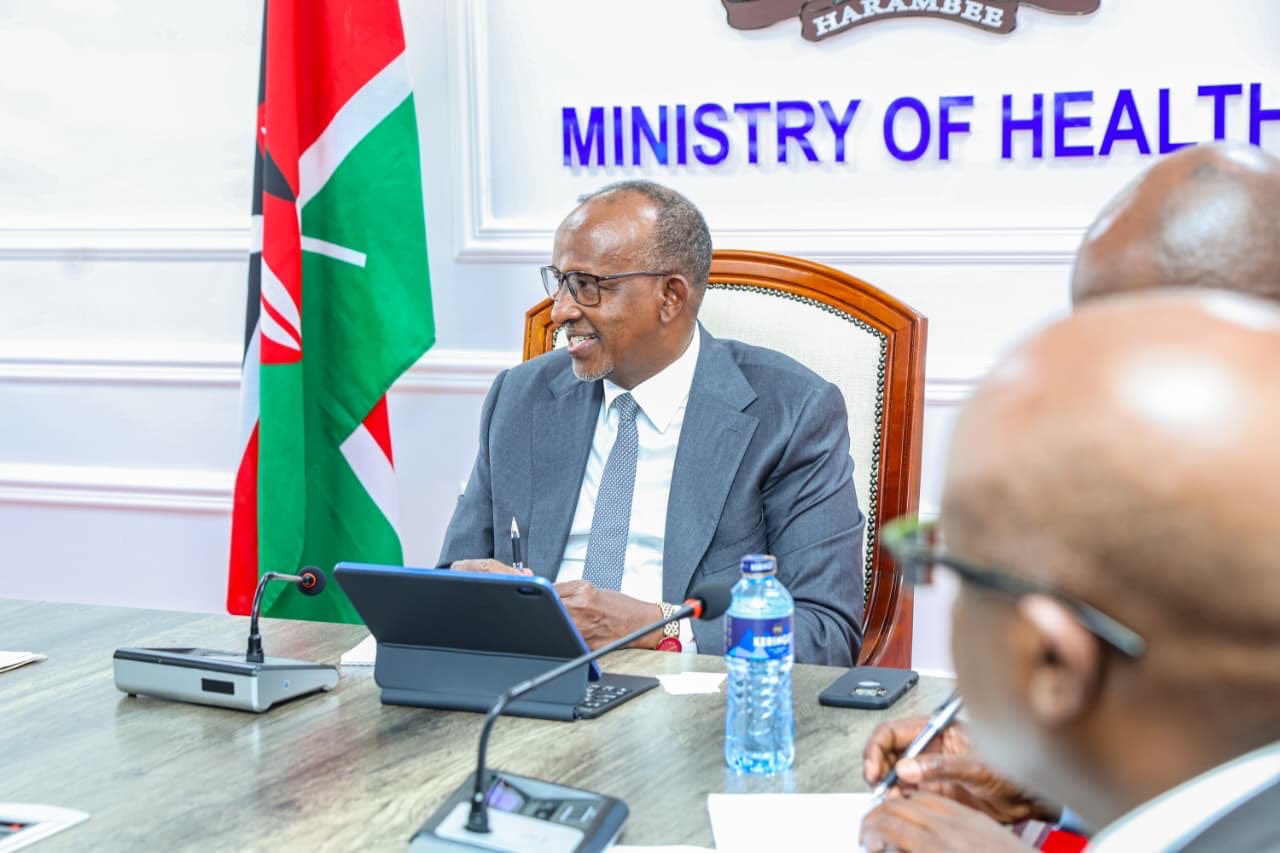
Kenya has reaffirmed its partnership with the United Nations
Population Fund (UNFPA) to advance Universal Health Coverage (UHC) and ensure
equitable access to quality sexual and reproductive health services across the
country.
On 21 October 2025, Health Cabinet Secretary Aden Duale
hosted a high-level delegation from the UNFPA Supplies Partnership Global
Steering Committee, led by Anders Thomsen, in Nairobi.
The discussions focused on reinforcing collaboration to
strengthen reproductive health commodity security, sustainable financing, and
supply chain efficiency.
The meeting underscored the Government of Kenya’s steadfast
commitment to reproductive health as a cornerstone of UHC.
Both parties celebrated progress made under the Compact
Agreement, a collaborative framework that promotes accountability,
transparency, and domestic resource mobilization for family planning and
reproductive health commodities.
Kenya has been hailed as a regional model for reproductive
health leadership, with its consistent adherence to the Compact through
counterpart funding and progressive budget allocations that sustain access to
essential health supplies.
“The Government remains committed to ensuring that family
planning services are fully funded, accessible, and anchored on a rights-based
approach,” said CS Duale.
“Through the Social
Health Insurance Fund (SHIF) and sustainable domestic financing, we are
strengthening our health systems and safeguarding the health and dignity of all
Kenyans.”
He emphasized the government’s continued investment in
supply chain resilience, particularly through the Kenya Medical Supplies
Authority (KEMSA) and the Integrated Family Planning Logistics Management
Information System (ILMIS), which enhance visibility and traceability of
reproductive health commodities across counties.
Mr. Thomsen commended Kenya’s leadership and progress, noting
that the partnership with UNFPA continues to serve as a benchmark for other
African nations.
“Kenya has
demonstrated exceptional stewardship and ownership in reproductive health
programming. The world looks to Kenya as an example of how national commitment
and global partnerships can transform health outcomes,” he said.
The Cabinet Secretary reiterated that Kenya’s long-term goal
is to strengthen its national health systems through robust financial
architecture and efficient governance mechanisms under the Social Health
Authority (SHA).
The SHA aims to bridge equity gaps and guarantee
comprehensive healthcare access for vulnerable and underserved populations.
“Universal Health Coverage must be inclusive and equitable.
No Kenyan should be left behind when it comes to accessing quality reproductive
health services,” Duale affirmed.
The meeting concluded with a shared commitment to deepen
collaboration between Kenya and UNFPA, ensuring sustainable health financing,
secure supply systems, and continued progress toward achieving UHC and the
Sustainable Development Goals (SDGs).

















